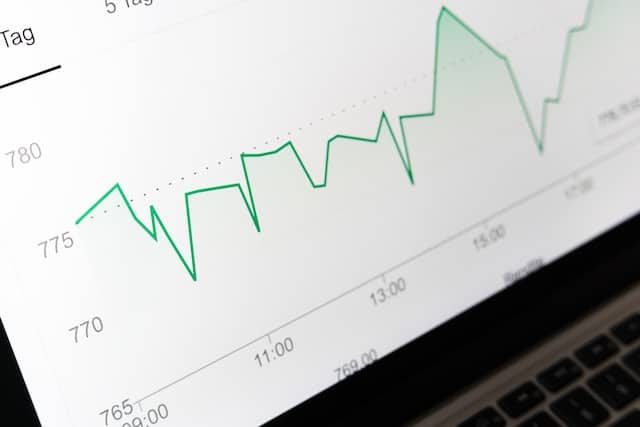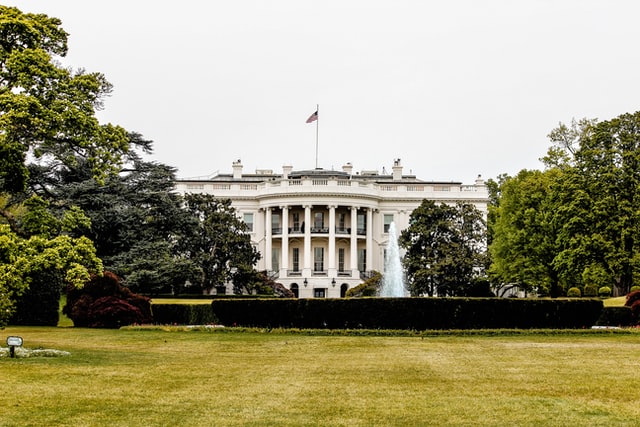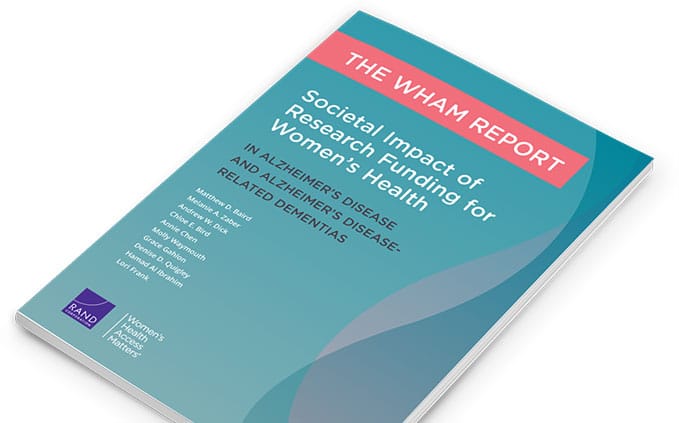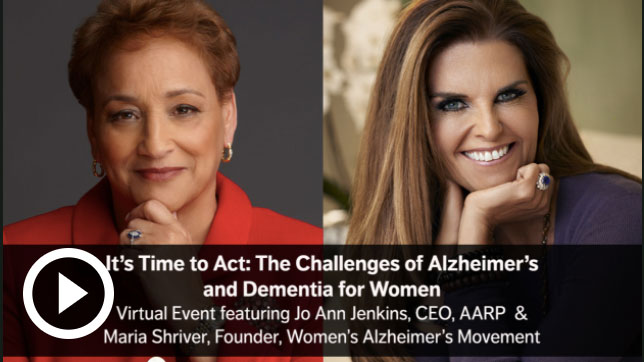The U.S. is working on a new 300-million-dollar database of patient data to help speed up the search for new Alzheimer’s and dementia treatments. It could track the medical records of as many as 90 percent of Americans within six years.
More than six million Americans currently live with Alzheimer’s. By 2050, more than 13 million Americans may develop the condition. But despite decades of research, there aren’t any surefire treatments that halt or reverse the progression of the disease. Two approved anti-amyloid drugs, Aduhelm and Leqembi, may treat the earliest stages, but how well the drugs work is still up for debate. Historically underrepresented and marginalized groups are still often excluded for Alzheimer’s studies. This is a problem, since diagnostics and treatments may not work well in non-white individuals.
To solve these issues, the National Institute on Aging (NIA) in collaboration with National Institute of Neurological Disorders and Stroke (NINDS) are putting some $300 million over the next six years into developing the Real-World Data Platform (RWDP), which will collect and track health data from 70 to 90 percent of the U.S. population, including up to 80 percent of people living with dementia.
The platform will combine medical, insurance, and pharmacy records, as well as data from phones, sensors, and other agencies.
It will include health data from individuals who can’t participate in clinical trials. This data includes people with underlying conditions and people from marginalized communities.
Similar platforms and biobanks are already available in countries like Finland and Denmark.
Who will have access to the data?
According to the NIA’s grant documents, U.S. scientists will be able to securely access the data. The RWDP aims to help healthcare providers and scientists work together to run and analyze large studies. The NIA declined to answer whether private research entities and companies like Google, Apple, or Amazon will have access.
Over the past decade, data scientists have voiced concern about “data colonialism” — the trend of tech companies helmed by mostly white, male engineers profiting off of data from marginalized groups.
The RWDP will also address any concerns brought up by historically underrepresented and marginalized communities like Black, Indigenous, Asian and Pacific Islanders, and Hispanic Americans. According to NIA documents, the scientists developing the platform must get informed consent from these communities.
What does more real-world data mean?
According to the NIH, a major goal of RWDP is to learn more about the health conditions and circumstances of low-income communities and underserved communities of color in the U.S. Tracking these populations’ health data in particular could help researchers find the source of racial disparities in Alzheimer’s, the planners say. For example, Black and Hispanic people are twice as likely to develop the disease than white people. Understanding comorbidities, courses of care and other circumstances could help crack the code on this massive racial discrepancy.
Tracking people’s health data over time will also help scientists understand how well certain treatments or interventions are working. The health data could help clinicians figure out who will benefit most from new Alzheimer’s drugs. As well, it can look across the population to figure out who has the highest risk of side effects.
And, the data could help scientists draw conclusions about the influence of modifiable lifestyle factors on people’s health. While depression increases the risk of Alzheimer’s, it isn’t clear why. Data from the RWDP could shed light on whether depression leads to Alzheimer’s, for example. With enough demographic data, scientists may determine whether this link is incidental or causative.
Applications are now open for researchers to submit proposals for building the platform with the earliest possible start date being April 2024.





